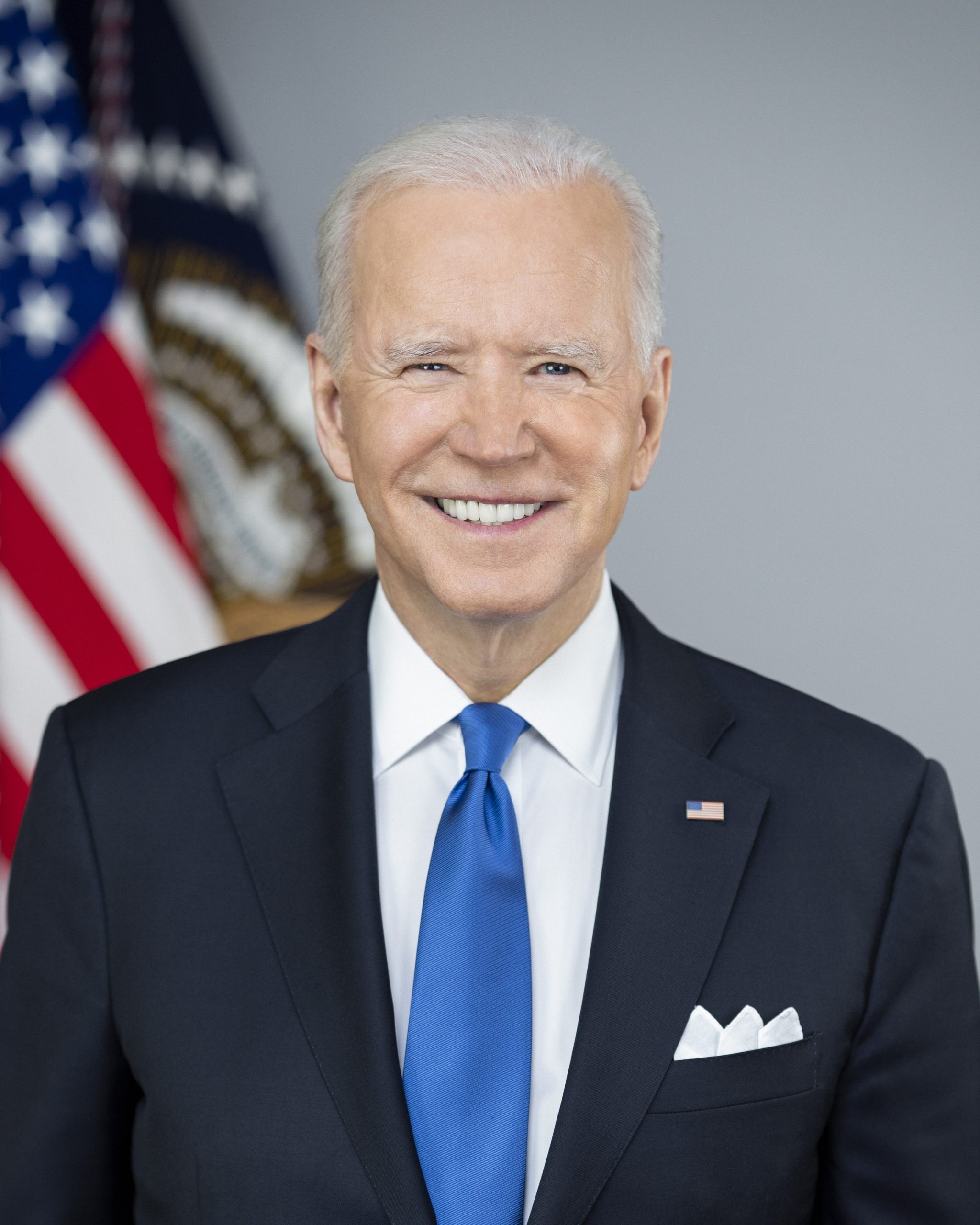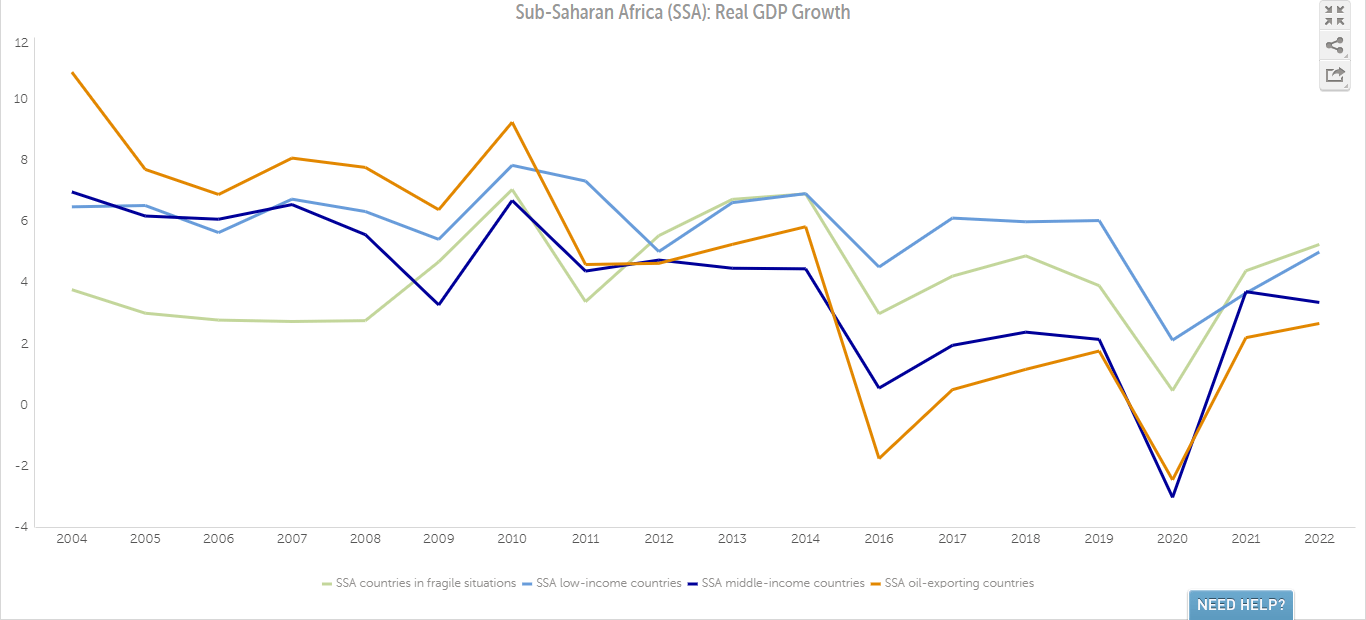Can our future leaders transform Mauritius into a heavenly nucleus?
Share

As we move further into the new century, emphasis on leadership is turning towards the moral, social and ethical responsibilities of leaders. Increasing disillusionment and failure of many chief executives to deliver and manage expectations raise doubts as to whether we have the calibre of leaders in the ma-king that can change and alter the performance of the country they serve and to transform Mauritius into a heavenly nucleus.
Our productivity as a nation is already lagging behind our competitors, unemployment level is ravaging while registering foreign disinvestment of Rs 6 billion within 10 months and of course the mismanagement of our financial sector. Perhaps by tackling our management and leadership deficit with real vigour we can unlock the doors to increase productivity, maximise the benefits of innovation, gain advantage from technological changes and create conditions for a radical transformation of our public services.
Good leadership in any public sector requires the senior members to have a role in crafting a highly effective, innovative and executive team. Where all members should be aligned to the strategy and know their role in achieving the critical success factors for the departments because the price of getting this wrong may be high. As we are working in an environment of constant change and challenges, the agility of the executive team in making the right decisions and communicating them in a positive way to the rest of the departments and the community are paramount for any government to be successful.
When management teams fail to work, the fall out results in lost opportunities, wasted time and resources, and not achieving strategic goals. Unfortunately, often in the public sector we see the senior leaders who should be operating as decision making, operates as informational teams, strongly focused on their functional areas and not embracing the collective commitment to the department as a whole. Leaders’ meetings can become operational reporting occasions, spending time defending what has gone on (Nettoyage) and leaving little time to plan or debate the future imperatives. For leaders to be successful, they must recognise the requirement for communication and debate, not to forget community engagement, especially when formulating new laws, strategies and long-term visions. They need to take personal responsibility for developing the team and fostering the basic discipline, creating the kind of environment and culture that will act as a role model and encourage better team working further down the hierarchy.
Another important issue to consider is that lack of guidance and trust in a leader can lead to displaying behaviours such as conflict, lack of commitment, avoidance of accountability and inattention to results are a few to mention which can create a dysfunctional government.
With the leadership role comes the responsibility to act ethically. We expect our leaders to be honest and trustworthy. ‘Whoever is careless with the truth in small matters cannot be trusted with the important matters,’ (Albert Einstein). Morals and values lie at the heart of ethical dilemma. Our morals come into play when we are called upon to make judgment. Ethical leadership is therefore not just about following the rules; it is about acknowledging the rules and setting boundaries for actions, while treating people fairly and with respect without violating their fundamental (human) rights.
Another way of enabling leaders within the public sector to act ethically is for governmental departments to develop codes of conduct. Typical codes include but not limited to: Disclosure of information, Relationships between politicians, managers and citizens, employment matters, hospitality and relationships with sub-contractors and conflict of interest issues. How many politicians can and will actually abide by these few fundamental codes of conduct?
With public services currently under relentless pressure to ‘do more with less’, innovation is now positioned as a necessity for survival rather that a ‘nice to have’. Therefore, a leader’s ability to encourage and motivate staff to innovate is crucial.
Leaders need to be aware of the current culture, capability and capacity to innovate and support it accordingly. It is the leader’s role to ensure they promote this sort of climate and ensure that knowledge is shared.
Along with the requirement for public sector leaders to support sustainability, promote public value and behave ethically and honestly, we also have the requirement for transparency, meritocracy and accountability in a democratic country like Mauritius. Can we expect our leaders to provide guidance on effective governance in the provision of better service delivery and outcomes? Ministerial accountability is closely aligned to the concept of responsibility.
For democracy to function in a suitable way, the role and guidance of our top political party’s leaders is very crucial. Parliamentary form of democracy depends upon the political parties which get nominated by the people. Therefore, their actions should be above board and be a hallmark of democracy. They have to exhibit restraint, decorum and decency in criticising other parties and leaders, and be a model to the cadres. The fundamental question to ask is which political parties can portrait these traits, your decide savvy.









